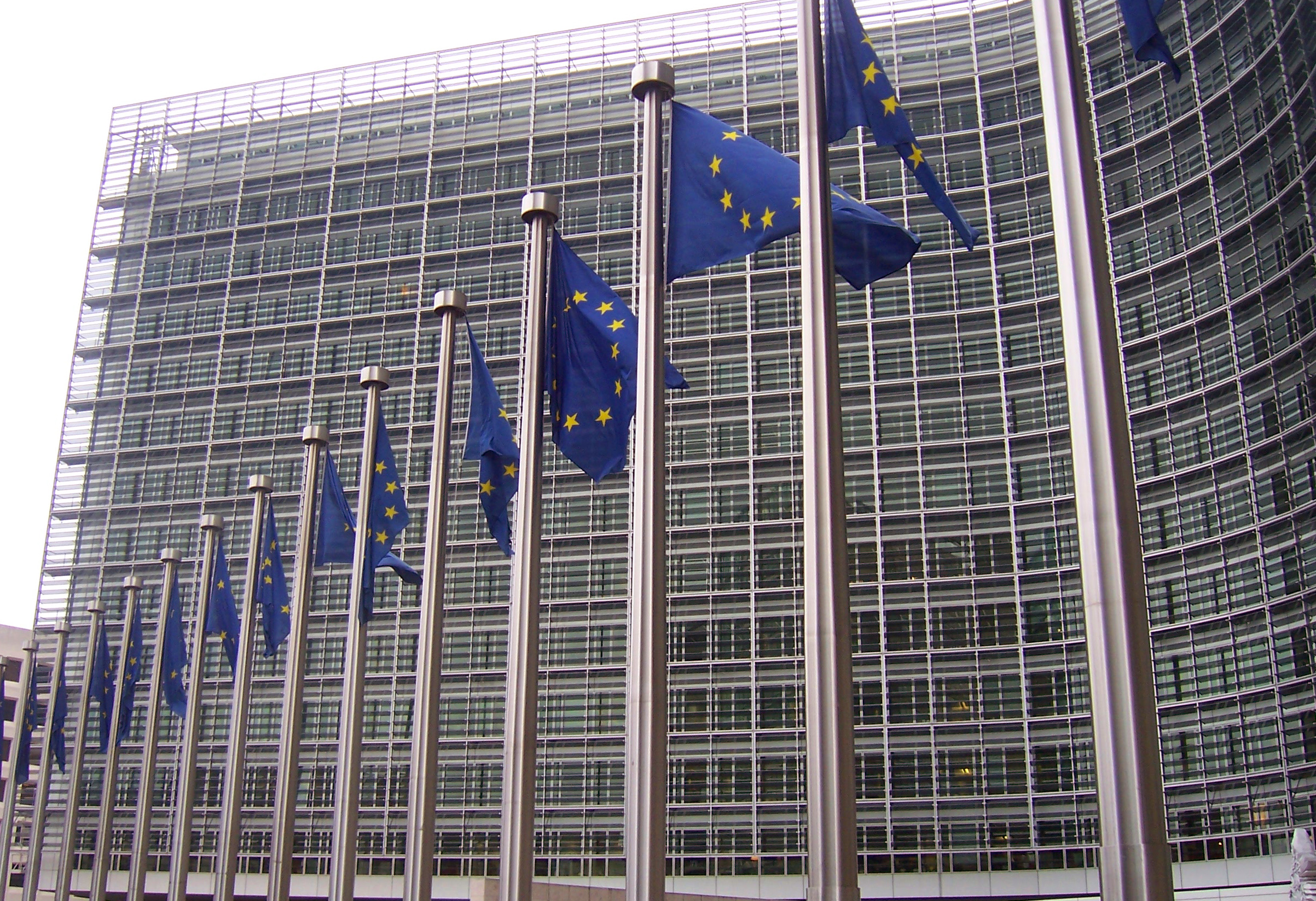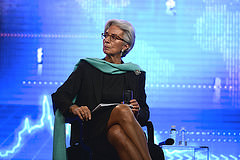By Claus Offe and Daniel Whittall
Europe remains mired in a crisis as much political as it is economic. The crisis has been long in the making and its dynamics stem from the institutional structures that govern European politics.
In Europe Entrapped Claus Offe, Professor of Political Sociology at the Hertie School of Governance in Berlin, lays bare the institutional dynamics of the European crisis. He argues that Europe has entrapped itself in a bureaucratic apparatus and economistic rhetoric, both insufficient to the task of crisis resolution. Daniel Whittall spoke with him about his new book, and about where European politics might be heading next.
Daniel Whittall: Your new book, Europe Entrapped, argues that the status quo for the European Union is ‘plainly unsustainable’. You call for a ‘major institutional overhaul’ of the EU, and suggest that without such reform the very project of European integration will come apart at the seams. To begin with, could you outline how you came to this argument, and what motivated the writing of this book?
 Claus Offe: I think this is what social scientists do, or ought to do: Answering in a truthful way and on the basis of compelling evidence questions such as: Where are we? What went wrong? Which are the forces and their resources that can be held responsible for the present mess? Are there forces that have a chance to prevail over them? What are the challenges to be addressed and opportunities to be explored inherent in our condition? And so on.
Claus Offe: I think this is what social scientists do, or ought to do: Answering in a truthful way and on the basis of compelling evidence questions such as: Where are we? What went wrong? Which are the forces and their resources that can be held responsible for the present mess? Are there forces that have a chance to prevail over them? What are the challenges to be addressed and opportunities to be explored inherent in our condition? And so on.
All of this needs to be focused, as concretely as possible, on a particular set of problems (here: the situation of the EU after the Great Recession, after the adoption – in 19 out of 28 member states – of the Euro, after the deepening divide between countries in terms of indebtedness, growth, and trade performance and after the emergence of bitter political conflicts both within and between member states).
I am deeply convinced (and say so at the outset) that this configuration of challenges and outright crisis tendencies cannot conceivably be mastered and coped with within the framework of given EU institutions, this is why a “major institutional overhaul” of the latter is called for.
DW: Your argument rests on an analysis of political economy across Europe, centred on the transitions of democratic capitalism against the backdrop of European integration. You place particular emphasis on the role of the state in staging and shaping markets, and yet simultaneously on how actors within a market economy – investors and employers –undermine the political framework of democratic stability on which the state rests. What does this dual dynamic tell us about the workings of democracy and capitalism in Europe, and how sustainable do you foresee their continued intersection?
CO: Perhaps I am trying to elaborate the obvious, or an analytical idea that in no way is originally mine, but has been developed by a great intellectual tradition in political theory and political economy. Yet my personal experience from some 50 years of academic work in research and teaching is that one basic insight stemming from this tradition (say from Hilferding to Polanyi to Hirschman) is all too often ignored or forgotten. To put it in a nutshell: The “economy” is nothing that is governed by something that standard textbooks call “the market”.
Markets, together with the institutions in which they are embedded, are rather themselves political creations. Opportunities and constraints that market actors face are institutionalised by forces operating through the political system. Not a single market transaction could take place without the legal and political provision of court services to enforce property rights and contracts or without central banks defining and managing the currency that mediates market transactions. Policies and legislation and constitutions create licenses for market action, subsidise and promote industries, protect and even bail out some of those who lose in (national as well as international) market competition, establish entitlements, regulate production and distribution and provides the physical as well as institutional infrastructure (transportation systems, harbours, research universities, communication media etc.).
Capitalist market economies are neither “natural” nor in any sense uniquely “rational”; they are artefacts of political action and the outcomes of conflict over social and economic power. To provide all these preconditions of a capitalist economy and, not to forget, clean up some of its negative externalities (from unemployment to environmental disruption), fiscal resources are needed of an ever-increasing volume.
Continue reading →




 Stammtisch discourse), many do not. More importantly, many non-populist populists also do this, particularly during election campaigns. Similarly, while some successful populists are charismatic leaders, some are not, and many successful non-populists are also considered charismatic.
Stammtisch discourse), many do not. More importantly, many non-populist populists also do this, particularly during election campaigns. Similarly, while some successful populists are charismatic leaders, some are not, and many successful non-populists are also considered charismatic. The parable offers a clear portrait of what “being a neighbour” should mean, namely coming to the rescue of people in difficult situations and imminent danger, in order to let them recover (if possible), and regain their autonomy.
The parable offers a clear portrait of what “being a neighbour” should mean, namely coming to the rescue of people in difficult situations and imminent danger, in order to let them recover (if possible), and regain their autonomy.



![By Maryb60 [CC BY-SA 3.0], via Wikimedia Commons](https://blogs.lse.ac.uk/eurocrisispress/files/2015/05/Matteo_Renzi_crop_new-252x300.png)
![By Woodennature (Own work) [CC BY 3.0], via Wikimedia Commons](https://blogs.lse.ac.uk/eurocrisispress/files/2015/05/Singapore_Road_Signs_-_Warning_Sign_-_T-junction_svg.png)

